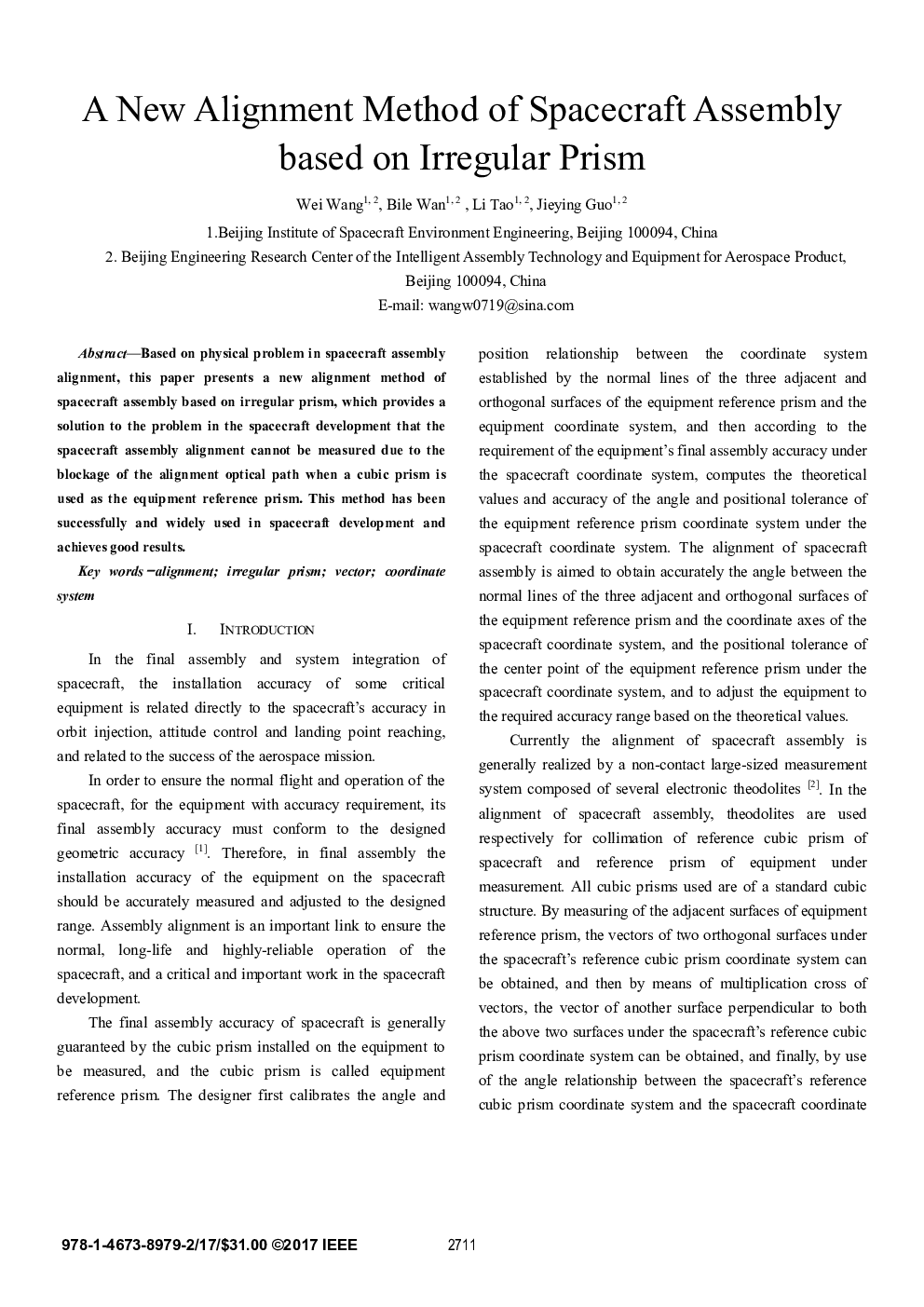| Article ID | Journal | Published Year | Pages | File Type |
|---|---|---|---|---|
| 5006142 | Materials Science in Semiconductor Processing | 2017 | 8 Pages |
Abstract
Nitrogen-doped porous carbon nanorods (N-PCNRs) with high accessible surface area are prepared by carbonization of polyaniline (PANI) nanorods and subsequent chemical activation, and explored as the counter electrode in dye-sensitized solar cells (DSCs). SEM and TEM images demonstrate that the nanorod morphology of PANI is preserved after pre-carbonization and chemical activation treatment. The unique combination of the porosity with high accessible surface area, nitrogen doping, and nanorod structure endows the N-PCNR electrode with an excellent electrocatalytic activity for the I3- reduction, which is illuminated by the electrochemical measurements. Under simulated AM 1.5 illumination (100Â mWÂ cmâ2), the DSC based on N-PCNR counter electrode achieves a conversion efficiency of 7.01%, which is nearly close to that of the cell based on Pt counter electrode (7.25%).
Related Topics
Physical Sciences and Engineering
Engineering
Electrical and Electronic Engineering
Authors
Guiqiang Wang, Chao Yan, Shuo Hou, Wei Zhang,
